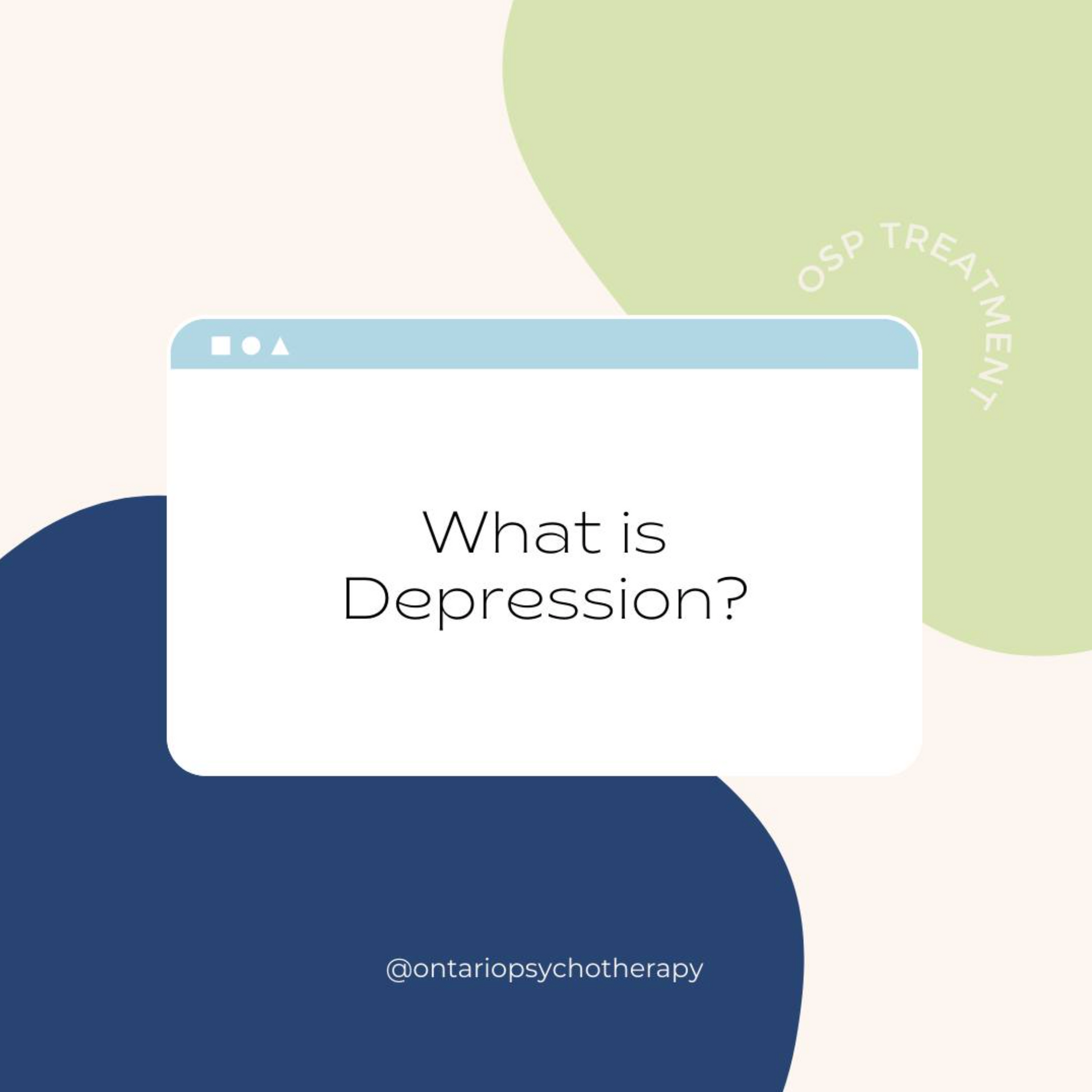Measurement-Based Care

Measurement-Based Care (MBC) is an approach that involves the systematic and routine use of client-reported data to inform treatment decisions and monitor progress. This plays a crucial role in ensuring that interventions are tailored to individual's needs and that progress is continually assessed.

Here's a breakdown of the key components of Measurement-Based Care:
Objective Assessment:
MBC involves the use of standardized and objective assessment tools to collect data about a client's symptoms, functioning, and overall well-being. These assessments can cover a range of areas, including mood, anxiety, sleep, and social functioning.
Regular Monitoring:
Unlike traditional models of care where assessments may be sporadic, OSP involves regular and ongoing monitoring. Clients may be asked to complete assessments at specific intervals (weekly, bi-weekly, etc.), providing a consistent stream of data to clinicians.
Informed Treatment Planning:
The data collected through MBC are used to inform treatment decisions. Clinicians can identify trends, changes, or areas of concern, allowing for adjustments to the treatment plan. This ensures that interventions remain relevant and effective over time.
Collaborative Decision-Making:
By involving individuals in the monitoring process, they become active participants in their own care. This collaborative decision-making fosters a sense of agency and empowers individuals in their treatment journey.
Outcome Tracking:
One of the primary goals of MBC is to track treatment outcomes. By consistently measuring progress, clinicians can determine the effectiveness of interventions and make data-driven decisions about whether to maintain, modify, or change the treatment approach.
Quality Improvement:
MBC contributes to continuous quality improvement in healthcare. Aggregate data from multiple clients can be analyzed to identify patterns, assess the effectiveness of specific treatments, and refine overall care practices.
Personalized Care:
Through the data collected, MBC enables a more personalized approach to care. Clinicians can tailor interventions based on an individual's unique response to treatment, optimizing the likelihood of positive outcomes.
Evidence-Based Practice:
MBC aligns with the principles of evidence-based practice by grounding treatment decisions in empirical data. It enhances the precision and effectiveness of interventions by using real-time information to guide clinical decisions.
In summary, Measurement-Based Care is a client-centered approach that brings objectivity and precision to healthcare. By systematically collecting and utilizing data, it enhances the quality of care, promotes collaboration between clients and providers, and contributes to the ongoing improvement of mental health services. Get started by sending a self-referral here.







